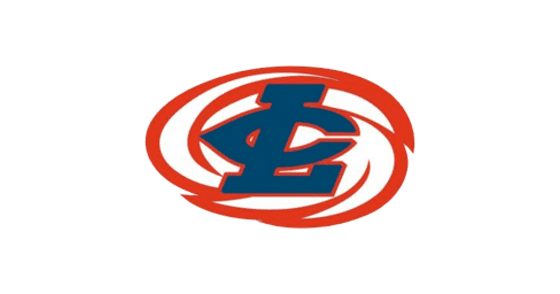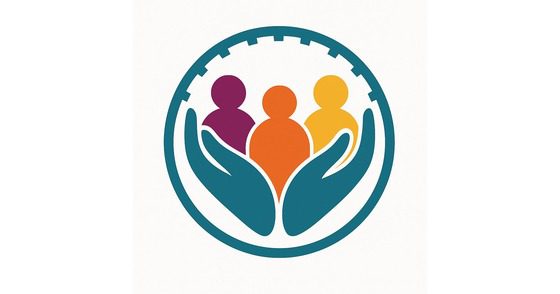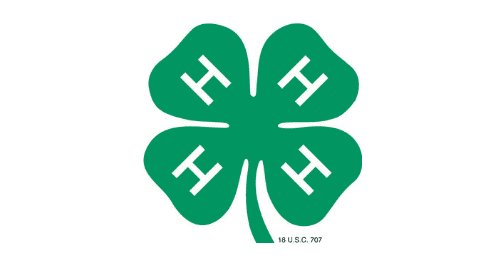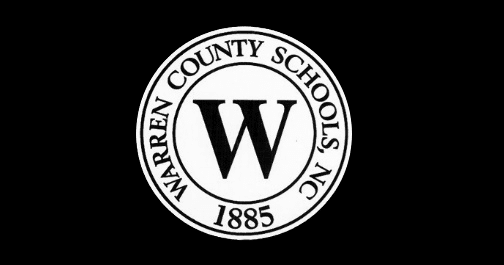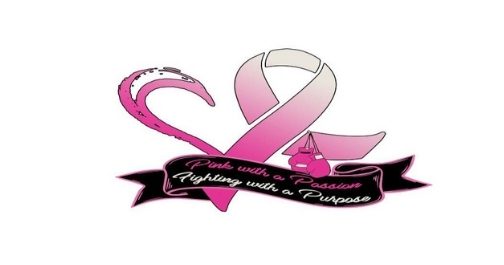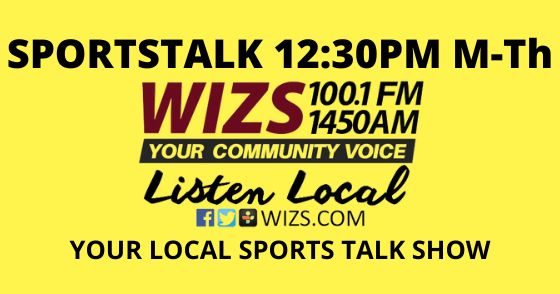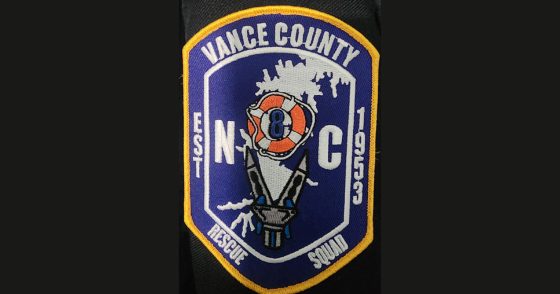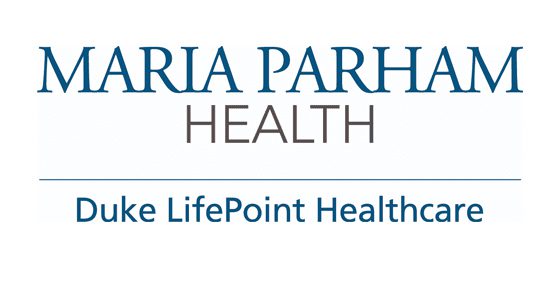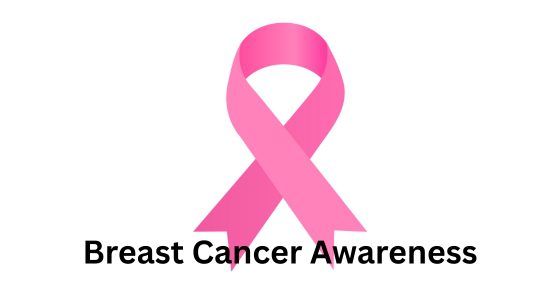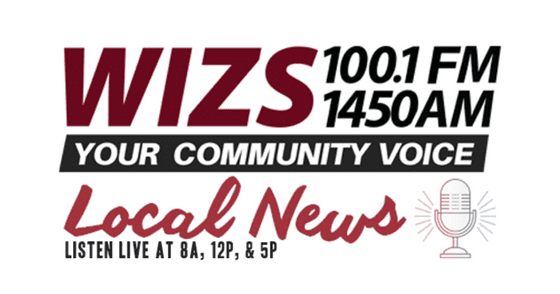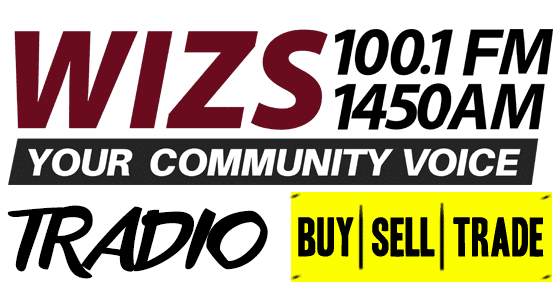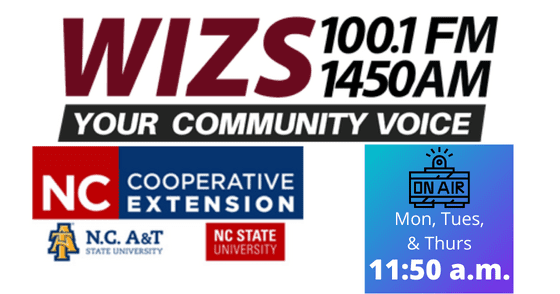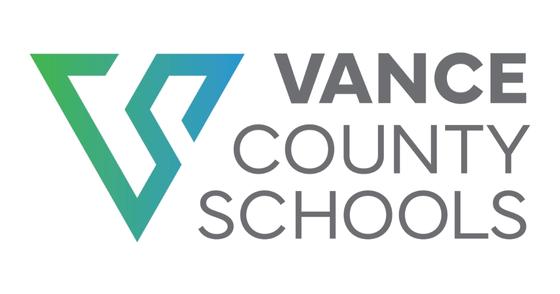Two North Carolina men are playing key roles in the No Labels movement, a national effort to get a “Unity ticket” on the ballot for President and Vice President in next year’s elections.
Dr. Benjamin Chavis, a prominent attorney with ties to Granville County, joined former N.C. Gov. Pat McCrory for a virtual press briefing on Tuesday.
They’re not ready to name candidates, and there’s a chance that it won’t happen, but No Labels is getting ready, just in case. No Labels is not “in it” to be a spoiler, they explained – they’re in it to win it.
McCrory said he is hopeful to be able to talk more about the process in early 2024, perhaps at or around Super Tuesday in March. “We firmly believe as a team that America deserves a better choice,” he said. “We’re working to have a better choice for them.”
McCrory and Chavis are two of several national co-chairs of No Labels, which was founded in 2010 by former Presidential candidate Joe Lieberman. So far, a No Labels Unity ticket will be on 27 states’ ballots in November 2024.
And Chief Strategist Ryan Clancy said Tuesday the organization is on track to add states in the coming months.
“I’m very proud of my home state of North Carolina,” Chavis said in remarks during the briefing. Chavis said No Labels has made “significant” progress in Blue states, Red states and Purple states to gain ballot access. “North Carolina is getting things done,” he added.
Chavis and McCrory may seem unlikely collaborators whose allegiances have previously been with opposing parties, but Chavis said they’ve become friends. He praised McCrory for being a politician who is “not just reaching across the aisle (but) working across the aisle.”
McCrory said No Labels polling shows that 65 percent of Americans don’t want to vote for either Democratic or Republican frontrunner in the Presidential race.
Clancy said more voters are reporting that they’d consider voting for a Presidential ticket that included a moderate Republican and a moderate Democrat – a blended ticket, which is the crux of the No Labels philosophy.
When asked in February 2022, polls showed 64 million would be willing to consider a blended ticket. More recent polls show that number has risen to 84 million. North Carolina numbers are similar – in March 2022, 32.1 percent of North Carolinians said they’d consider voting for a Unity ticket. In January, that number was 36.8 percent and now it’s at just over 40 percent, Clancy said.
Critics have suggested that a No Labels ticket would serve as a spoiler for the mainline parties’ candidates, but McCrory cited statistics that show 37 percent of N.C. voters are registered Independents, which means more people are registered outside the Republican and Democratic parties.
Clancy, the No Labels chief strategist, likened the No Labels effort for ballot access to people working to build a rocket launchpad. Candidates who comprise the Unity ticket are the ones who must “build the rocket ship to get to the White House.”
CLICK PLAY!

